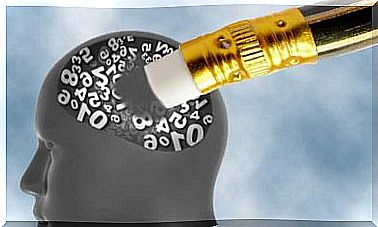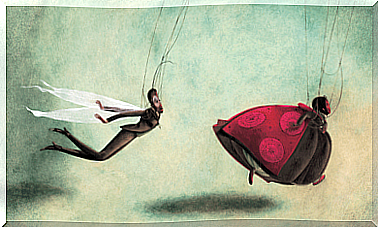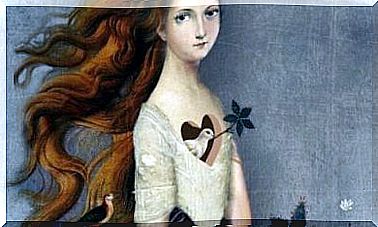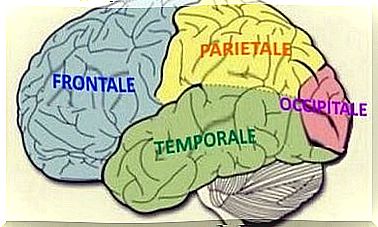I Can Do A Lot Of Crazy, But I’m Not Crazy

Going mad is a sign of freedom that has nothing to do with madness. It simply gives wings to a possibility: to undertake a path other than that considered normal.
Without it, it would be impossible to fully experience moments of spontaneity and confusion. Everyone, absolutely everyone, has committed some folly at least once in our life because it produces adrenaline, which is necessary and intrinsic to our nature.
The current definition of insanity is a mental imbalance manifested in a distorted perception of reality, loss of self-control, hallucinations and out-of-the-ordinary and unreasonable behavior . In common parlance, however, the definition of doing madness is quite different. People need a little madness, otherwise it would be practically impossible to dare and we would be locked up in our routine.
The limit between genius and madness
Not all geniuses are crazy, nor are all crazy people geniuses. The genius is a person with extraordinary abilities who focuses on a specific subject and who is able to have new ideas and then express them, or create them. He is not a sick person, although in case of illness he would be able to turn his follies into fantastic things. This thesis is supported by studies that have shown that the faculty of creation exists even before the disease manifests itself.
For this reason, some people fall into error and label others as crazy just because they have special and genuine abilities. Sometimes, however, we despise things we don’t understand out of fear and ignorance. The boundary between genius and madness goes beyond what our ignorance allows us to see.
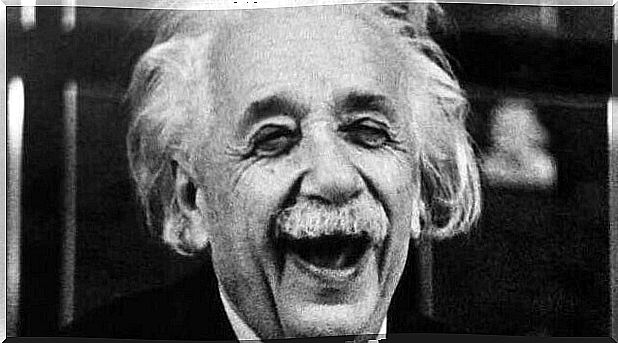
Although it has been poorly documented, there appears to be a genetic basis for genius. Likewise, the environment is also crucial. Let’s take Mozart and Einstein as an example in a jungle, isolated. They would not have been geniuses and we would probably have a different idea about these two characters today. Studies show, in fact, that 75% of the brain’s mechanism depends on the environment itself.
Creativity is also associated with emotional conflict. Dissatisfaction, which has a neurological basis, pushes the genius to create. As said before, the genius does not have mental illnesses but, if he had any, he would be able to exploit them to the maximum with the sole purpose of creating.
Normality and madness
In reality, madness is the deprivation of the use of reason or judgment. The problem is that, until the end of the 19th century , insanity was linked to the rejection of established social norms. For this reason, crazy people are considered crazy only because they act differently from the rest of the population and have, in their eyes, crazy behavior.
Society tends to build behavioral models that encompass the different stages of human development. In addition to cultural differences, most society expects people to be born healthy, to grow up without health complications, to obtain a university degree or to specialize in a profitable field, to marry and have a family in a new house.
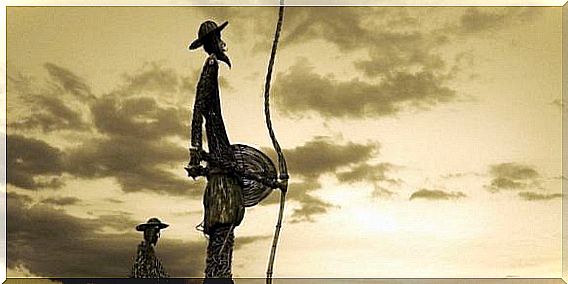
These paradigms outline the so-called norm, what is accepted as normal and, any attitude or idea that exceeds its limits, is considered incorrect or, depending on the case, a real madness. Although sometimes insanity is the only healthy reaction to a sick society.
